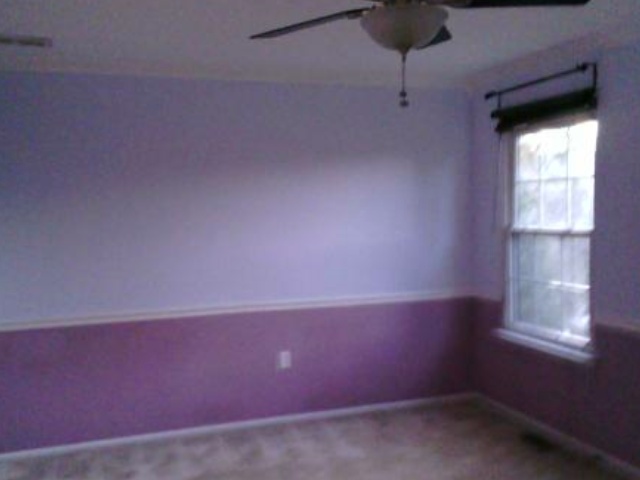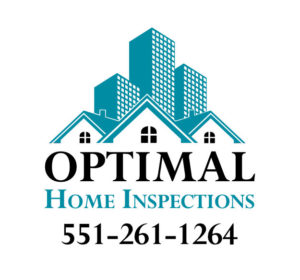Infrared thermography (IR) is a home inspection method that uses thermal imaging equipment to detect infrared energy in a room. Different objects and substances emit varying levels of infrared energy. Infrared light, unlike visible light, is not detectable to the human eye. It is on the invisible end of the electromagnetic spectrum due to its longer wavelength.
Thus, an inspector uses an infrared camera to detect thermal infrared emissions. This will display temperature variations inside the home using a color gradient. With this method, the inspector may spot potential issues based on the heat variations inside the house.
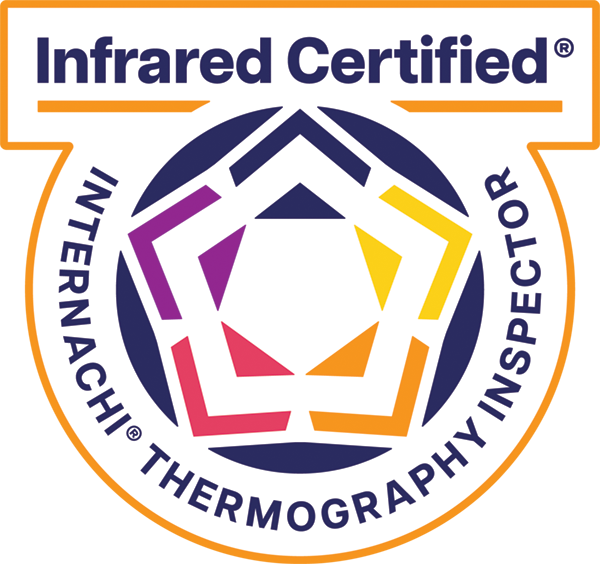
To earn an Infrared thermography certification, students must attend an infrared certification/training course and pass closed-book examinations and quizzes. Classes include Infrared Thermography Inspection Training Course and Building Science & Infrared Thermal Imaging for Inspectors Course.
Why Infrared?
IR allows home inspectors to “see” issues that are not visible to the naked eye. Infrared also can confirm potential issues that are only partially identified, like staining, deformation, etc. Infrared will make for a more efficient, effective, and productive home inspection.
Water Issues: The #1 find for home inspectors is locating hidden water leaks. There may be no visual signs, but if the conditions are right, the presence of water will stick out like a sore thumb with an IR camera! We can’t live without it, but water is very damaging to homes.
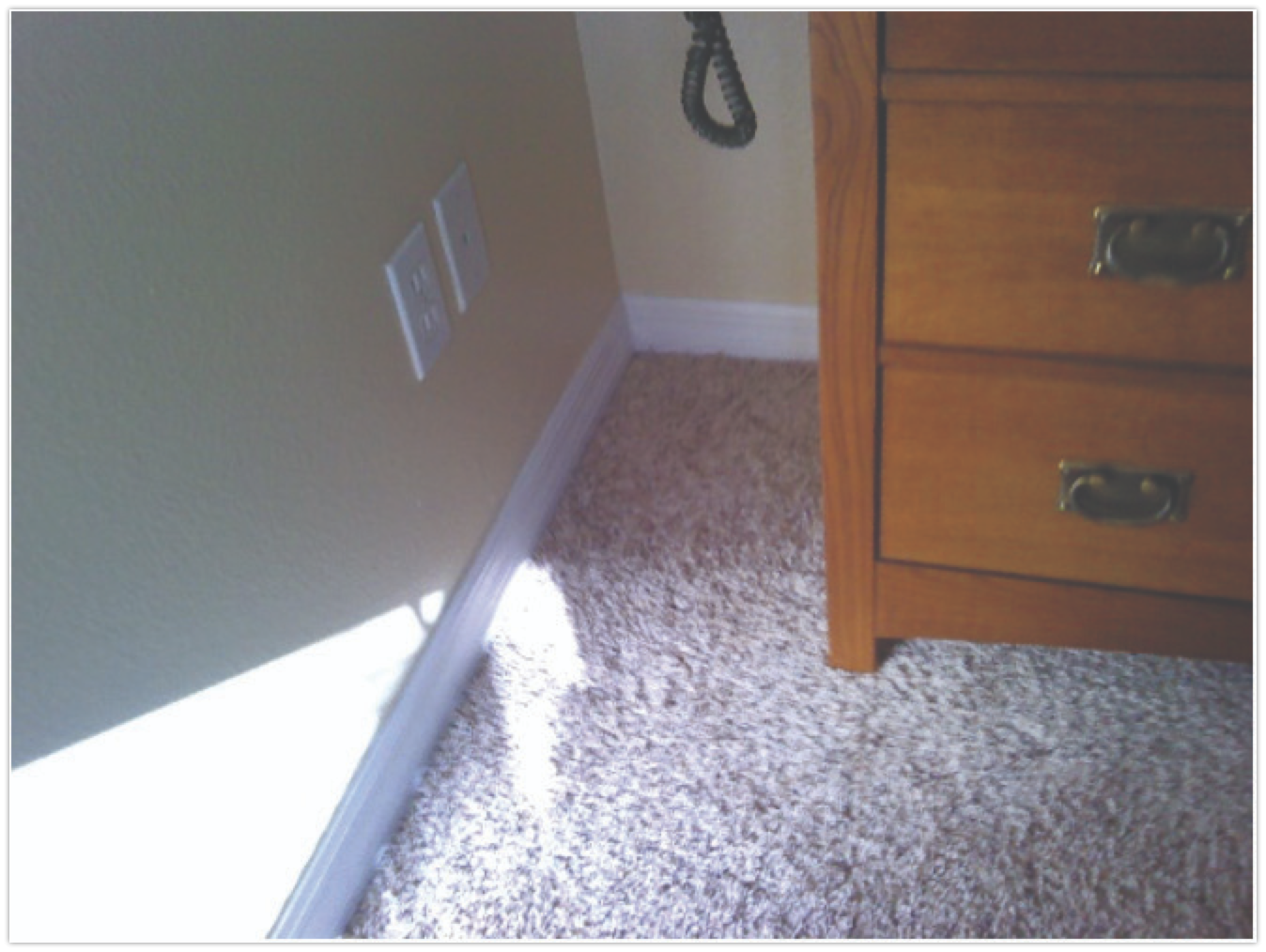
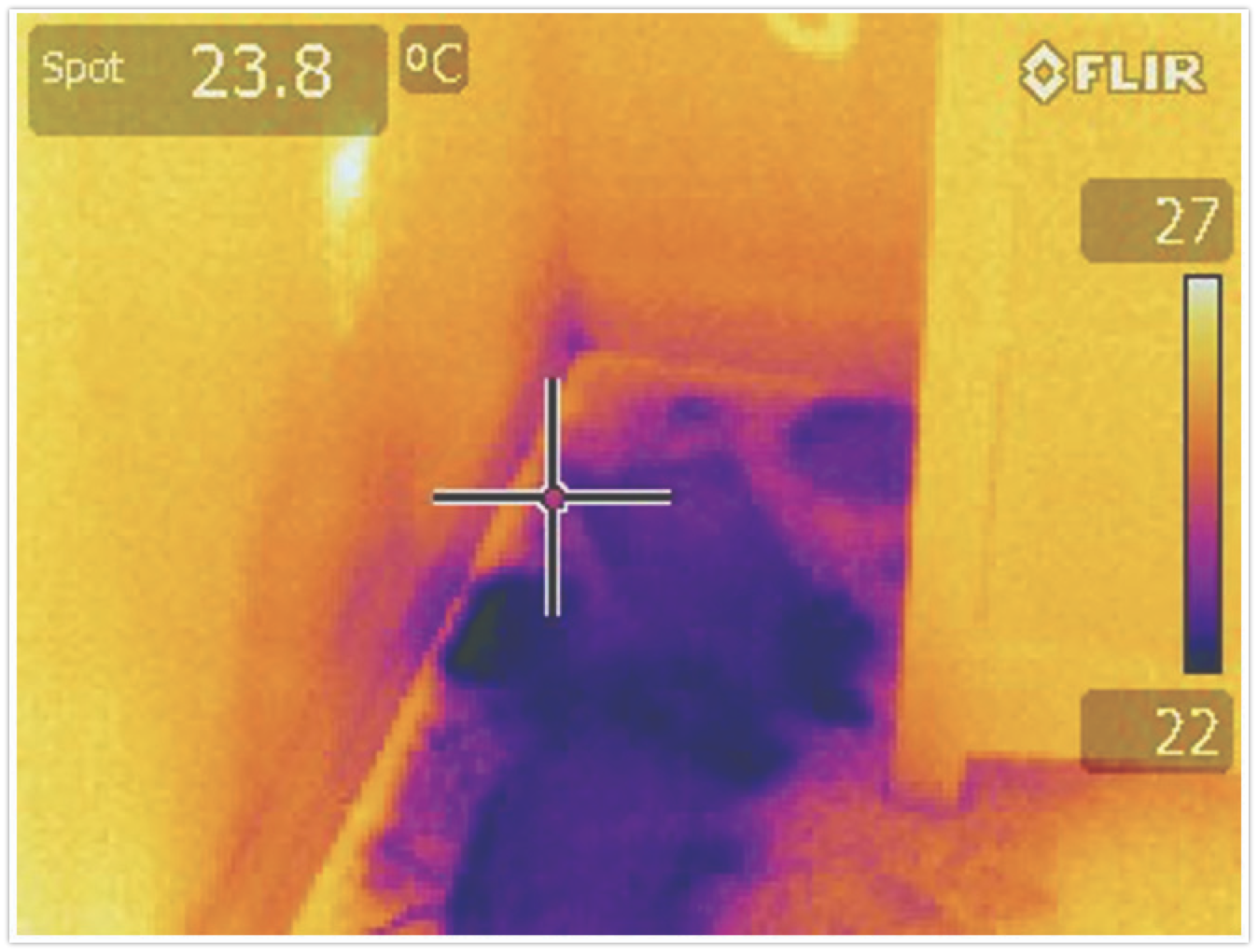
Safety Issues: From a safety perspective, every home inspector should be looking at the electrical system. As a past student, B Scott, said, “If you don’t look at anything else, look at the electrical system. It is not a matter of if; it is a matter of when you save someone’s life.” Do everything you can to keep your clients safe from harm.
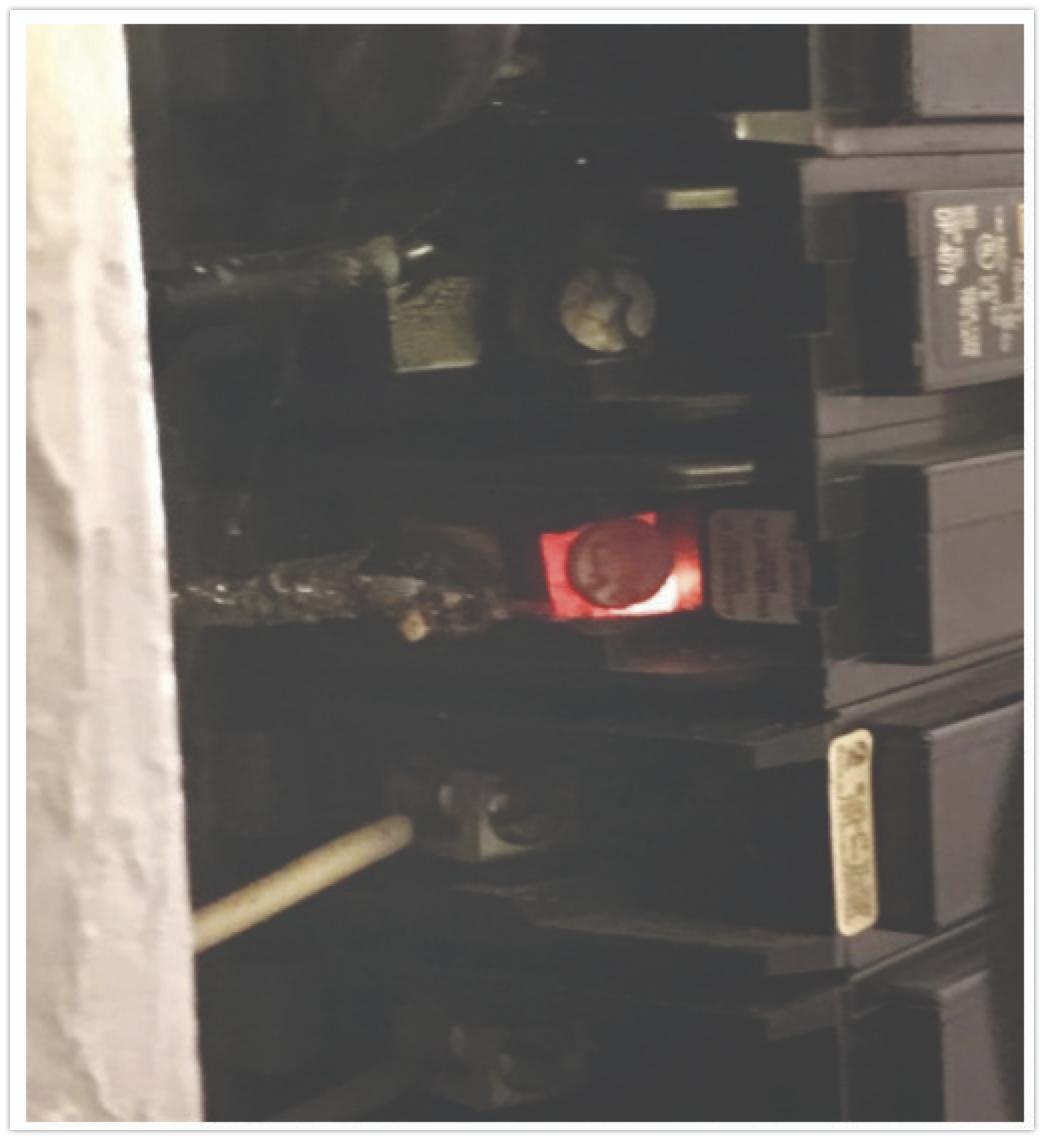
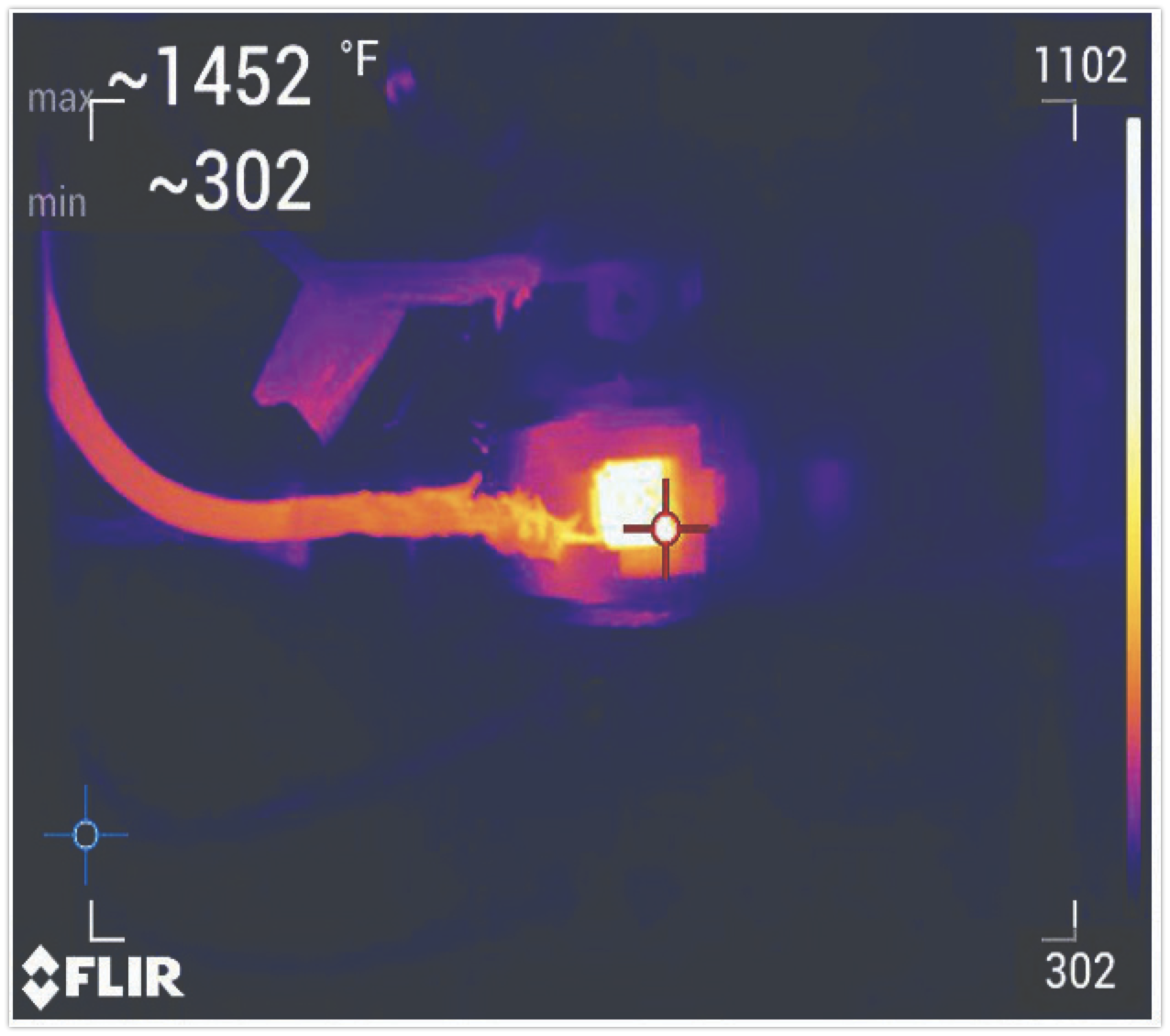
Energy Loss Issues: With steady and substantial material cost increases over the years and especially in the last two years, understanding the conditions of the insulation, or more importantly, locating areas with “NO INSULATION,” is an extreme benefit to home buyers. Missing insulation can not only make a home very warm or very cold/drafty, but it also increases the homeowner’s energy bill substantially while prematurely wearing out mechanical parts with unnecessary extra runtime.
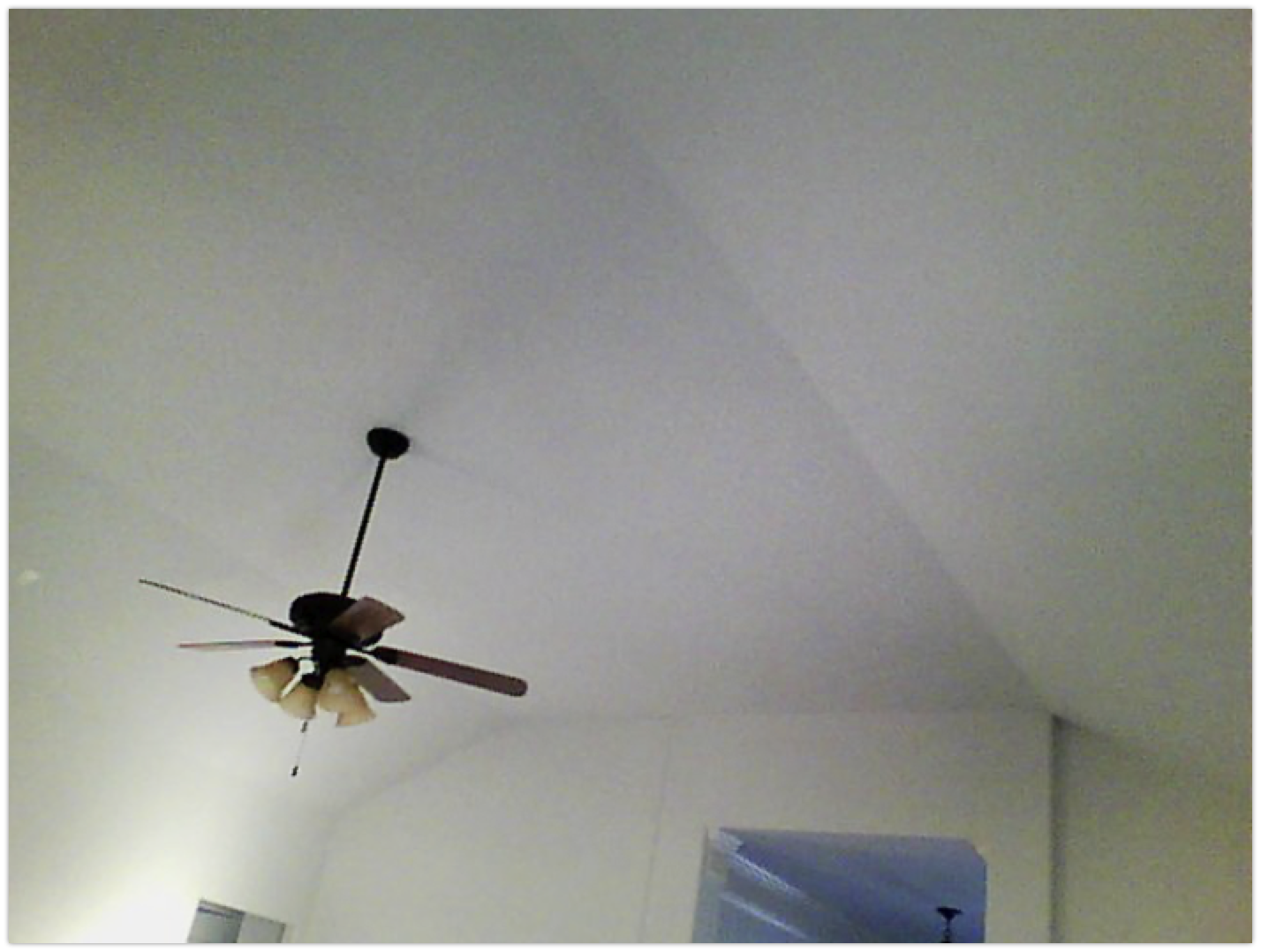
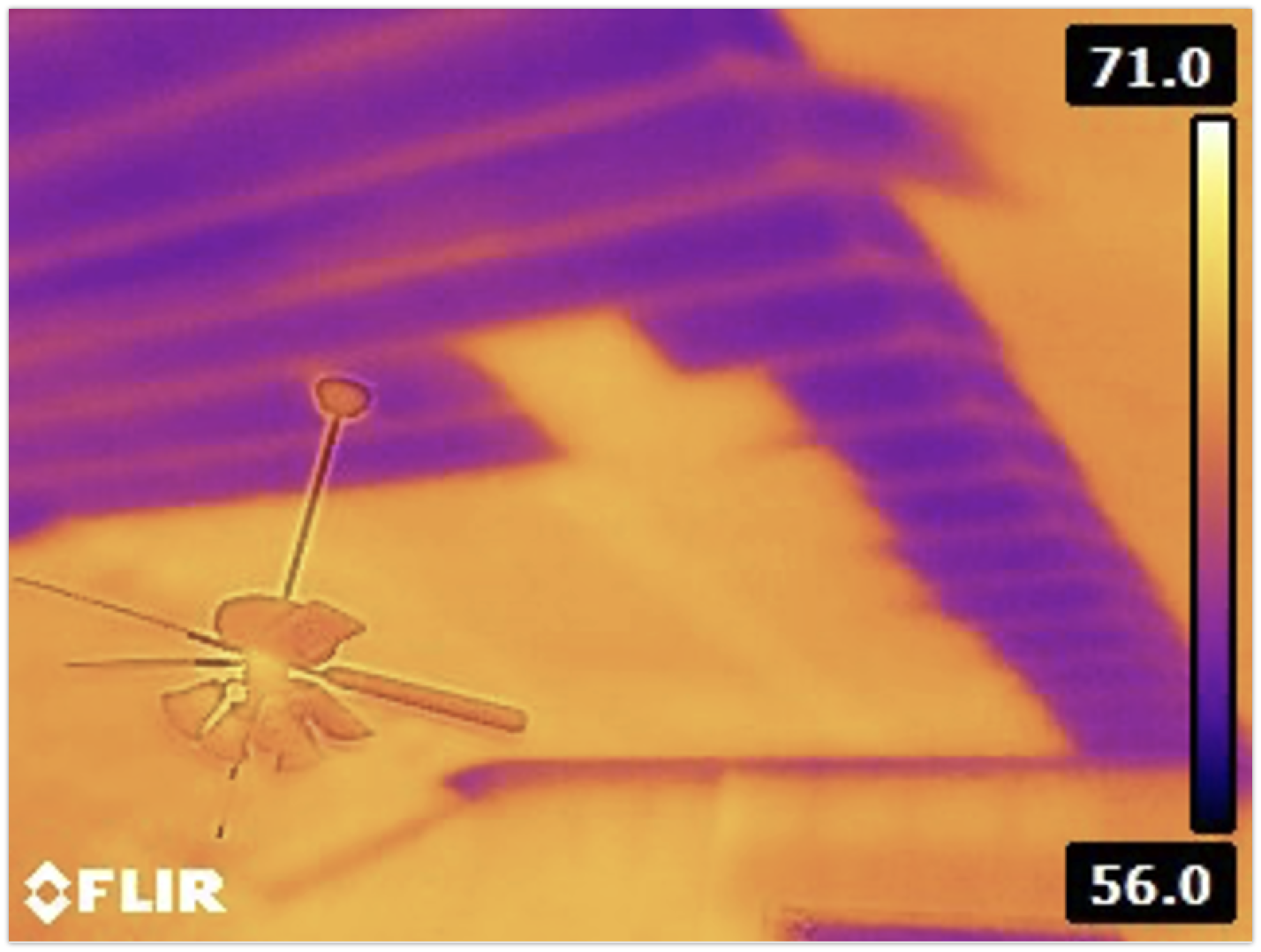
Pest Infestations: While infrared is NOT like an x-ray, warm-blooded animals, termites, rodents, bees, and other creatures often create a thermal difference that a professional home inspector’s infrared camera will detect. A bees nest in the wall can be nearly impossible to detect, or termites eating through the joists of a deck. (Note the dark lines on the bottom of the deck joists are termites inside the wood). What you don’t see could hurt you!
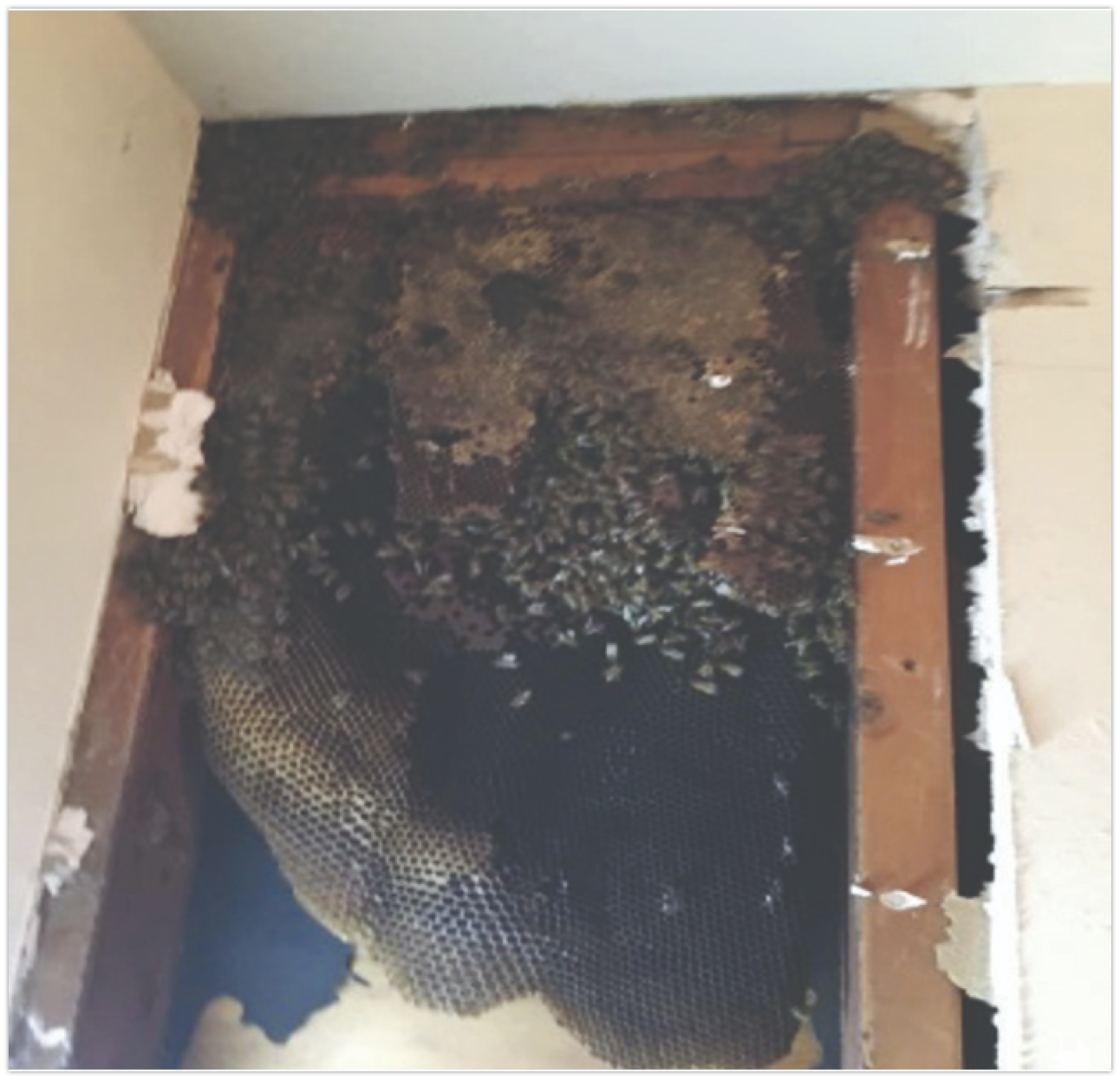
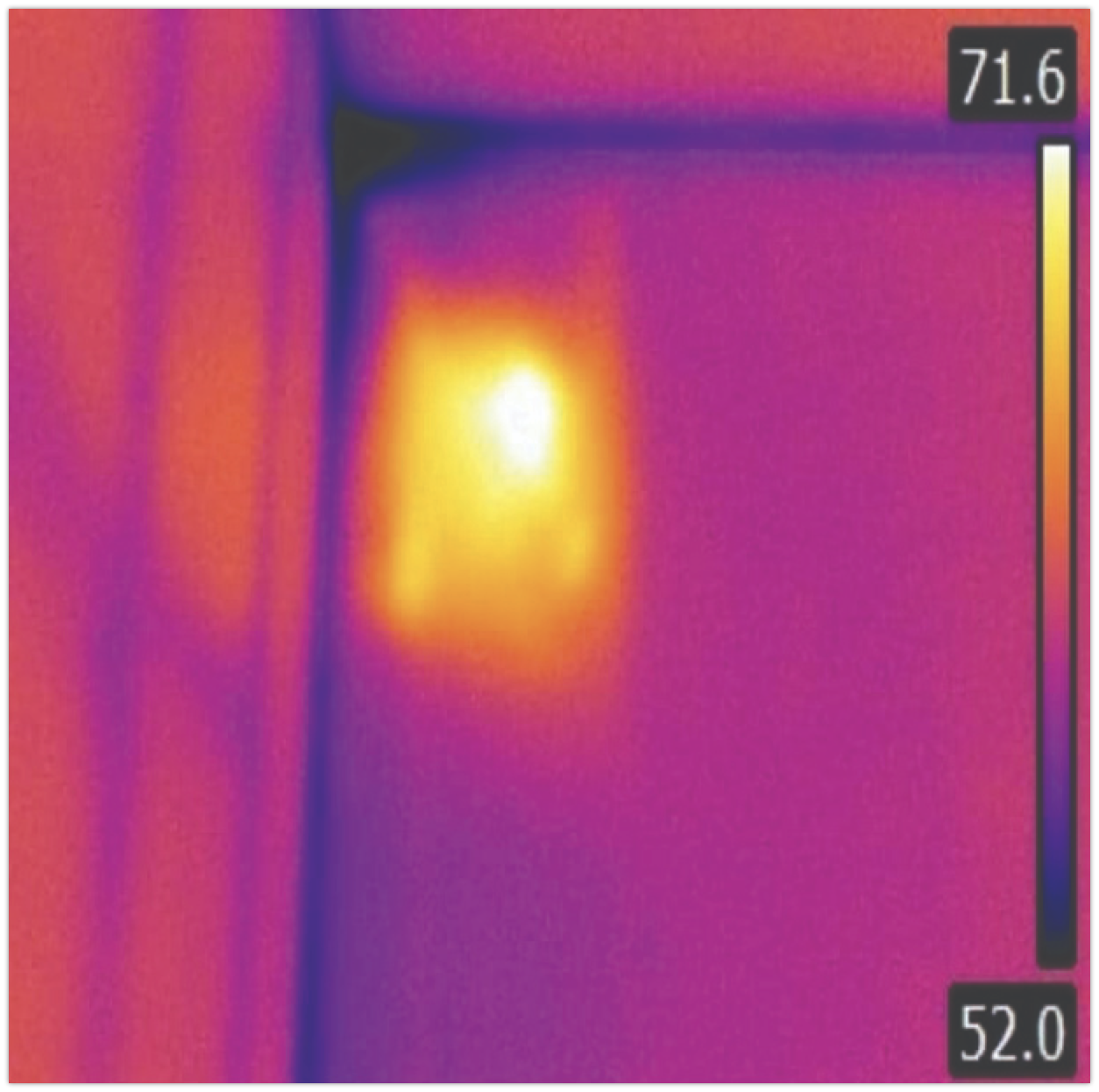
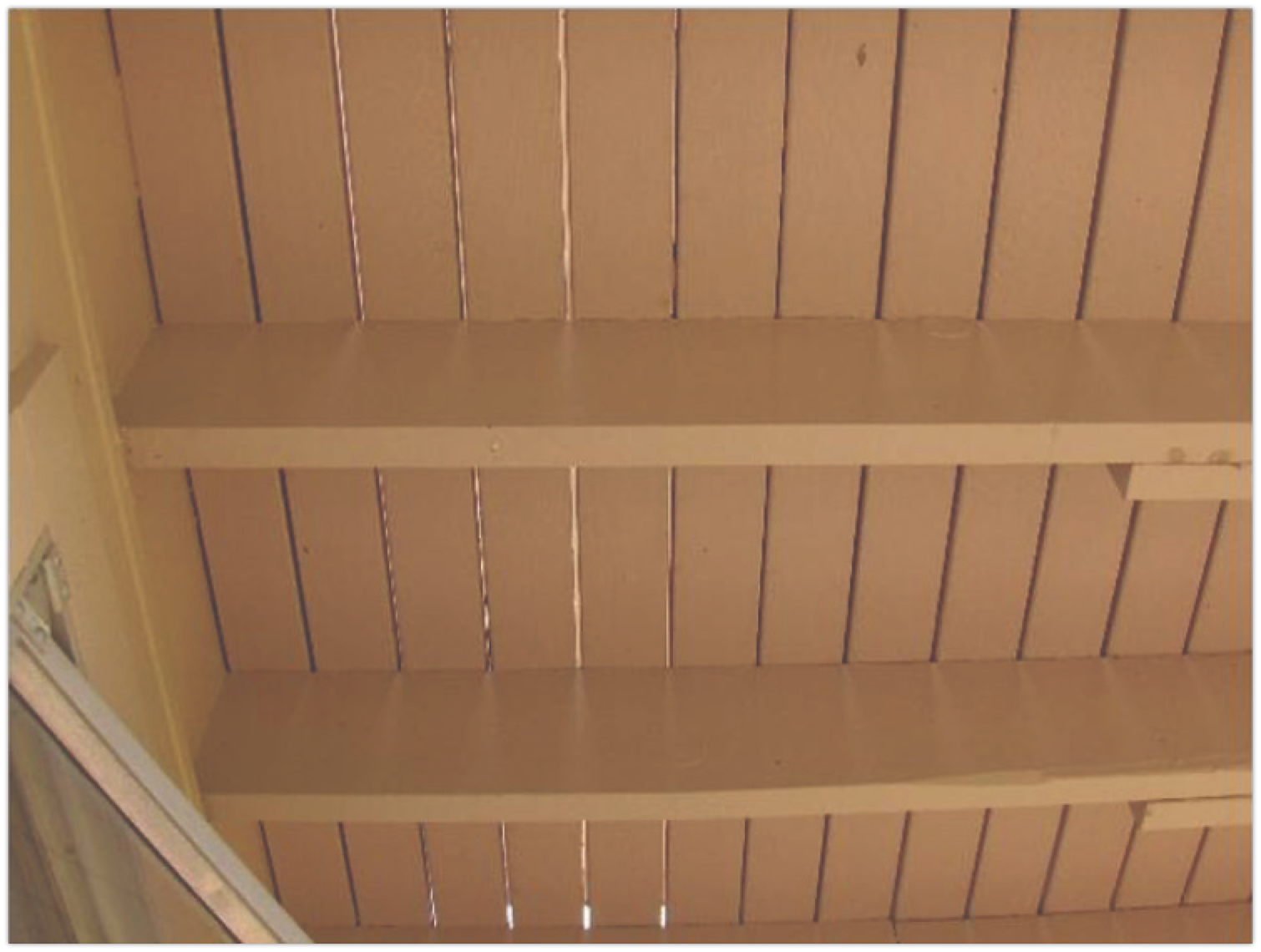
These are just a few of the applications home inspectors check for every day with their infrared cameras.
There are many applications for infrared cameras to be used as part of a home inspection, including water temperatures, stucco, EIFS, roof leaks, radiant heating systems, duct leakage, air infiltration, pool pumps, forced air distribution (supplies & returns), and many more.
What Will an Infrared Thermography Inspection Reveal?
With infrared imaging, the inspector should interpret data and identify potential problems. These may include the following:
- Roofing Leaks
- Electrical Faults
- Structural Defects
- Detection of Moisture in the Ceilings and Walls
- Plumbing
- Exterior Insulation and Finish Systems
- Insects That Are Wood Destroying
- HVAC
- Energy Loss
Missing insulation
